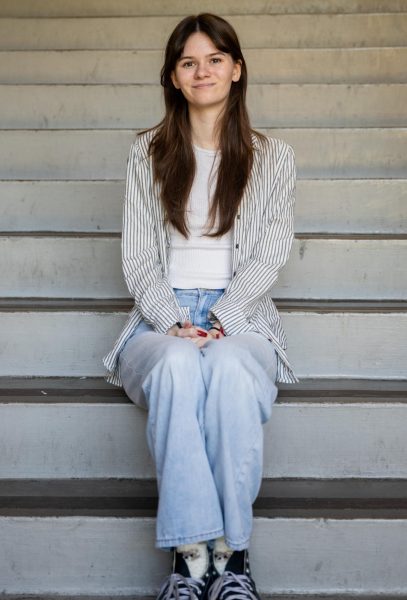Shifting Focus
The 2020 Olympics redefined the event
May 28, 2022
The 2020 Tokyo Olympics took over every conversation and every television network from July 23 to Aug. 8. At the Olympics, previously rescheduled from the canceled 2020 Olympics, the United States took home a total of 113 medals. 39 of which were gold.
These Olympics were a memorable one, with COVID-19 changing almost all aspects of the competition. The games did not permit in-person spectators, making the event more virtual than ever. The athletes slept on cardboard beds and ate with glass screens in between them.
Another pivotal moment of the Olympics was when gymnast Simone Biles pulled out of the competition for mental health reasons. This was met with both support and criticism from athletes and observers alike. Biles’ move to not compete shifted the focus of the Olympics to athlete mental health. Many athletes started sharing their experiences with depression and how it affects their performance in the sport.
“It’s a very tough decision to step away, especially at the Olympic level,” U.S. women’s basketball player Brittney Griner said in an article with the Associated Press. “If you’re not your best self, you’re not going to be the best in your sport or help your team.”
The emphasis placed on athlete mental health from Biles’ statement has made the Olympics about more than physical health. Many athletes now view it as a safe, supportive environment for any mental health struggles they may have.






























